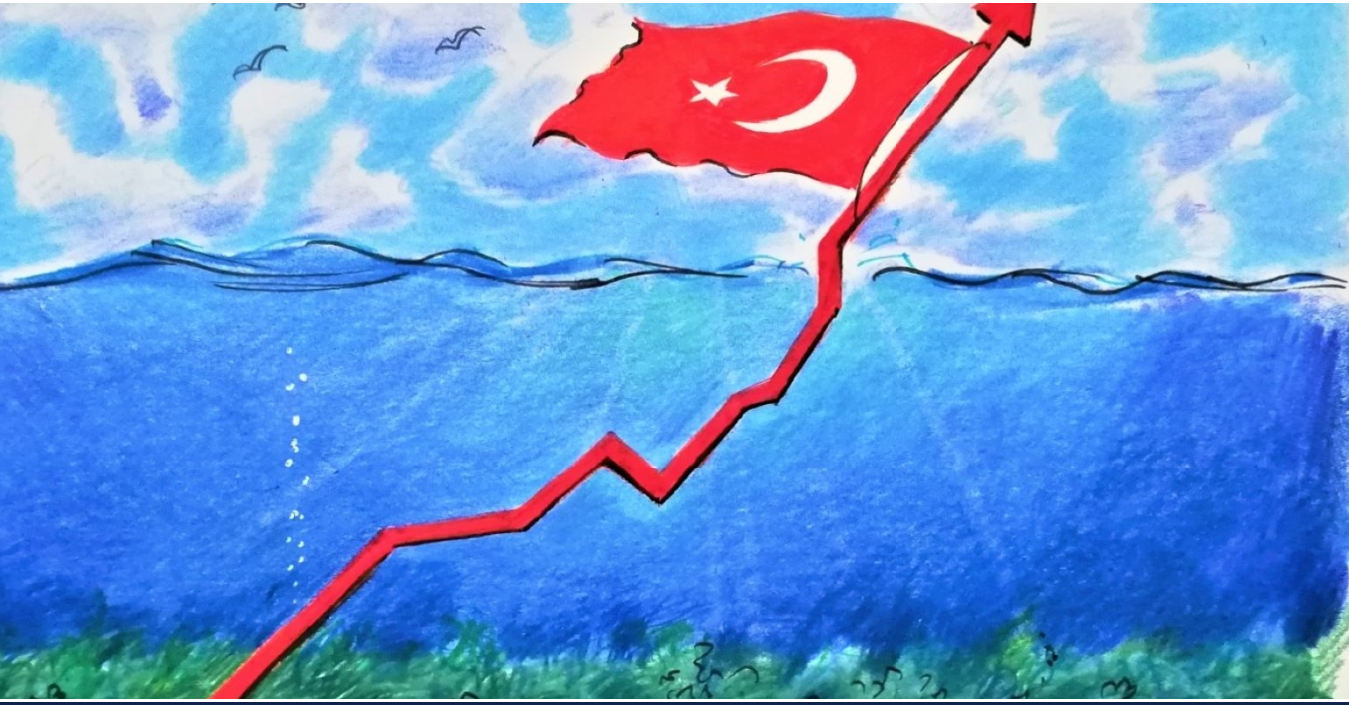A new amendment to mining regulations in Türkiye, along with numerous energy laws adopted by Parliament on May 2, will allow the export of natural gas and liquefied natural gas (LNG) from the country’s newly discovered Sakarya Gas Field under long-term contracts to neighboring countries and Europe.
Evaluating the most recent law’s provisions, Sohbet Karbuz, director of oil and gas at the Mediterranean Organization for Energy and Climate (OMEC), told Anadolu Agency (AA) that it permits the export of a portion of Sakarya’s production as LNG as well as future discoveries.
Regarding the country’s gas imports, Karbuz explained that Türkiye needs to import gas with a right to “reexport” clause.
This right to “reexport” clause has become important, particularly as 2025 will see the expiration of LNG contracts through the Blue Stream pipeline of 16 billion cubic meters (bcm) and 10 billion cubic meters under an Iranian contract in 2026.
“If these contracts are to be renewed, it is necessary to get the right to reexport. When the contracts are negotiated, a similar issue should be raised for Azerbaijani gas,” he said.
Karbuz also advised that the “final delivery point” clause in the long-term LNG contracts regarding imports to Türkiye should also be reviewed to allow Türkiye to participate in the LNG trade.
“If this is done, it will undoubtedly be an advantage for Türkiye because Türkiye, which is an important factor in the global LNG market, has not engaged in LNG trade as far as I have been informed so far,” he said.
According to Karbuz, this clause will be important for Türkiye in the face of an anticipated rise in gas trade over the coming years, allowing Türkiye to transform from a current passive actor to an active participant in the LNG trade.
To this end, he advocated for establishing an LNG export facility that would require financing and technology, both of which could benefit from foreign investment and collaboration.
“If we succeed in establishing such a facility, we can sell the surplus gas we produce and export to foreign markets when market conditions are favorable,” he said.
Such exports will most likely take place on the spot market, considering the current import contracts, he said. He added that normal market dynamics would apply in that any LNG cargo would go to the market that offers the best price, be it Asia or Europe.
At this stage, however, it is not clear how much and when Black Sea gas can be exported.
Karbuz predicts that future market conditions and the consumption-production balance will answer these questions.
He said, “If the price margin is in our favor, the export option will come to the fore.” Regardless, he said that consideration should be given to the fact that an LNG export facility can only be built in at least three to five years, leaving the option of LNG export in the short term out of the question.
However, the reexport of purchased LNG is an option given the new legal amendment, which he described as “very important in terms of paving the way for the private sector and establishing a more free, competitive and liberal market mechanism.”
dailysabah.com
